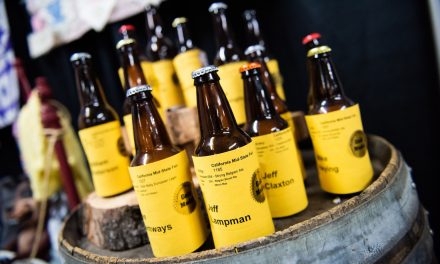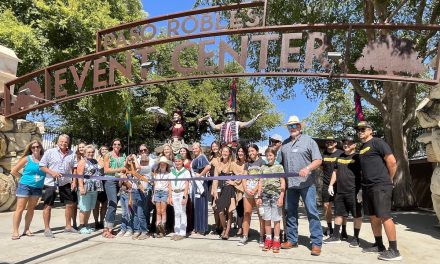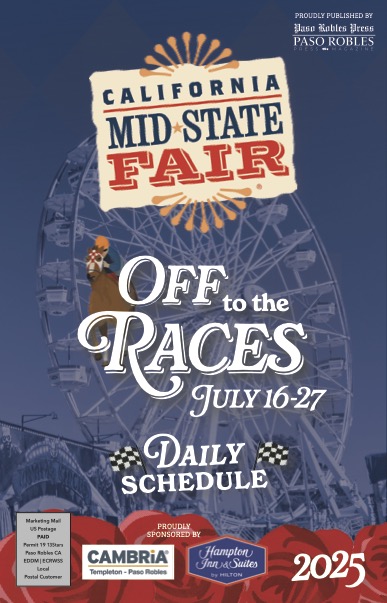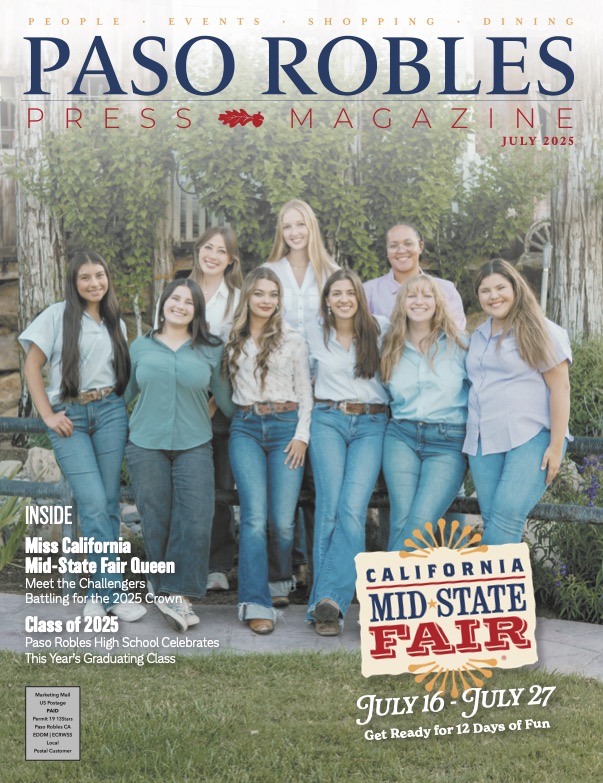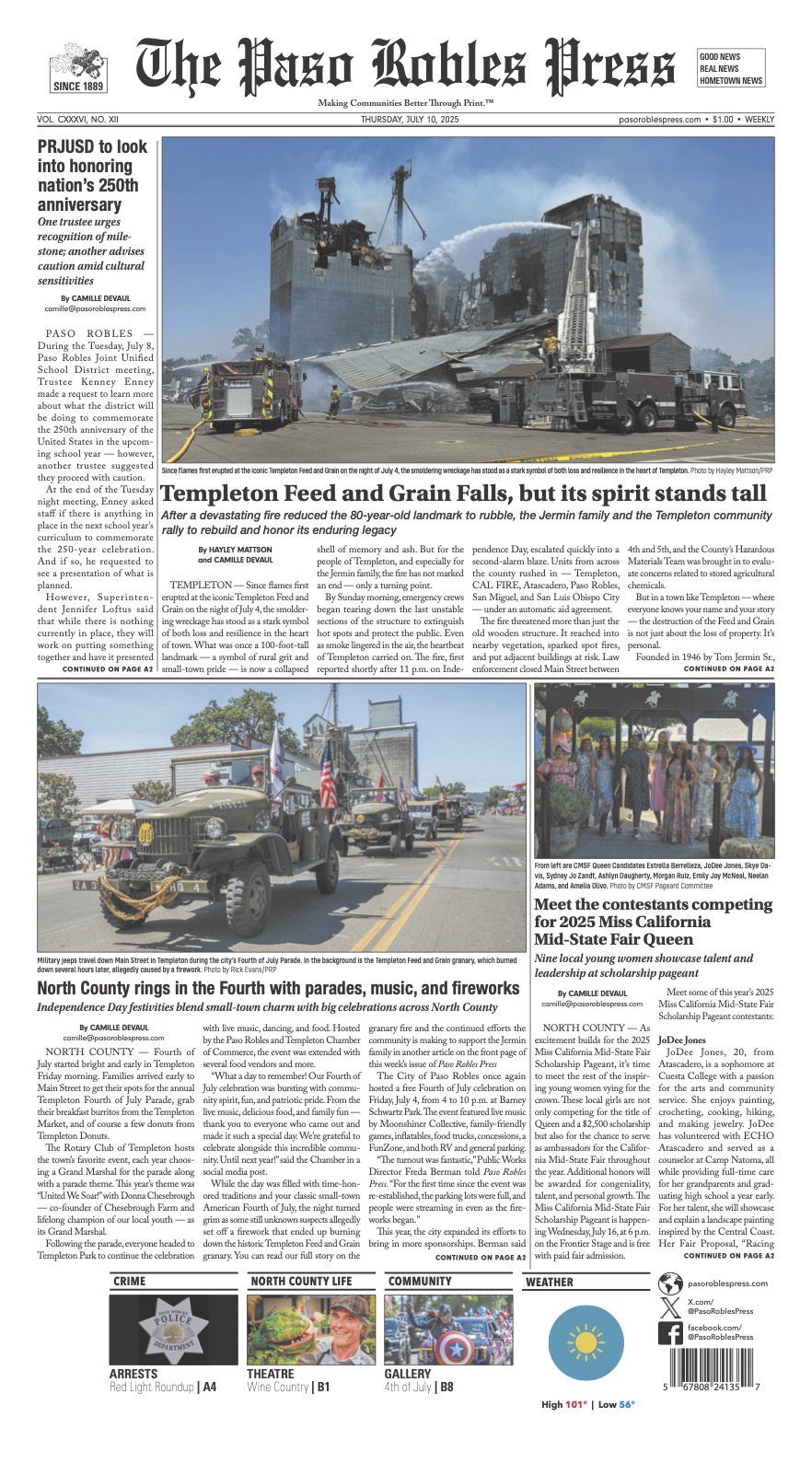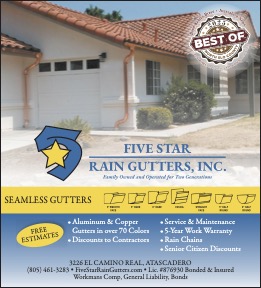In accordance with the Americans with Disabilities Act, California Mid-State Fair is making an extra effort to accommodate vendors with special needs.
“Special Stars classes are open to exhibitors that are emotionally, developmentally, or physically challenged,” said marketing spokesman Tom Keffury. “The California Mid-State Fair supports the concept that no physical or mental disability need limit the human potential to create. Each department has offered the opportunity to exhibitors who have assisted works. Disabled exhibitors who produce works unassisted may compete in each department’s individual competitions.”
Community partnership
“Escuela del Rio has enjoyed our long partnership with the Special Stars program at the Mid-State Fair,” said Debbie Argano, executive director. “It has allowed our aspiring artists to create, be themselves and have a place to display their artistic visions.”
“Kim’s Circle B Home in Paso Robles is a group that has been with us for a longtime,” said CMSF representative Ricky Brown. “Their longtime leader, Liz Testerman, who was involved in the fair in multiple aspects, passed away last March. She had been entering her people for over 40 years. PathPoint in San Luis Obispo and NCI Affiliates in Paso Robles have also entered projects with us many years.”
ADA assistance
For the general public, designated ADA seating to concerts can be purchased through all selling venues, including online at midstatefair.com or by phone to the Call Center at 1-800-909-FAIR or the Box Office at 805-238-3565. California Mid-State Fair can also assist visitors with ADA seat requests at the fairgrounds, located at 2198 Riverside Avenue in Paso Robles. If individual assistance is required, guests are asked to call at least 24 hours in advance of the show date.
With at least a ten-business day (Monday through Friday) notice, the fair can provide a sign language interpreter for hearing-impaired guests. At the main entrance, wheelchairs are available for rent for $20/day with a 250-pound weight limit and motorized wheelchairs for $50/day with a 450-pound weight limit. Service dogs are permitted and welcome at the fairgrounds. Contact Kim Daily at kim@midstatefair.com, or call 805-238-3565.
Attitudes about accessibility
“Though we are conditioned to think otherwise, human beings do not really exist in two sharply distinct groups of ‘people with disabilities’ and ‘those without disabilities,’” wrote Notre Dame law professor Robert L. Burgdorf Jr., who wrote the 1985 U.S. Commission on Civil Rights report. “Accommodating the Spectrum of Individual Abilities.” Burgdorf also drafted the original ADA bill in 1988 that was introduced to Congress and signed into law by President George H.W. Bush in 1990.
It was only a decade ago when Burgdorf stated that the American Disabilities Act is “a central premise both simple and profound — that people called ‘disabled’ by society are just people — not any different in any critical way from other people.
He explained that the purpose of the ADA is not to “fixate on or engage in stereotypes about such differences, but to take them into account” and allow for “reasonable accommodation individual disabilities and impairments that will permit equal participation.”
Burgdorf added, “Disability is a natural part of the human condition resulting from that spectrum, and will touch most of us at one time or another in our lives.”




